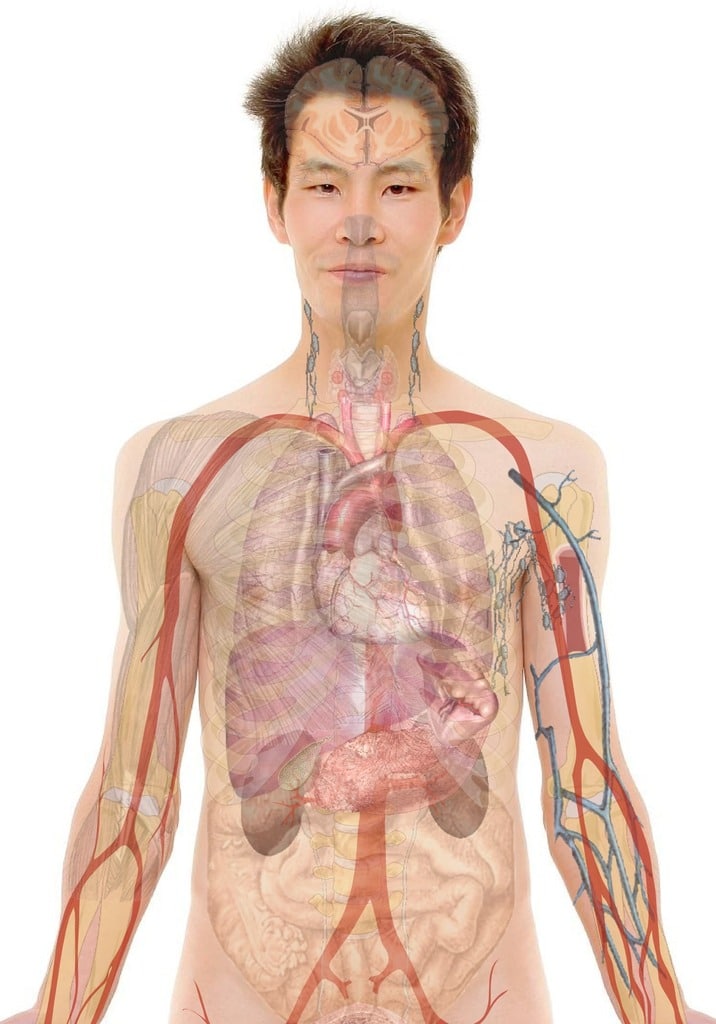Course Title: Medical Physiology and Biochemistry
Prerequisites: General Biology and Chemistry
Course Overview:
Medical Physiology and Biochemistry is a comprehensive course designed to provide students with an in-depth understanding of the fundamental principles governing the functioning of the human body at the cellular and molecular levels. This course integrates the fields of physiology and biochemistry, emphasizing their critical roles in maintaining homeostasis, health, and the pathophysiological basis of diseases and drug development.
Course Objectives:
- To provide students with a strong foundation in the principles of cellular biology and biochemistry as they relate to human physiology.
- To explore the structure and function of major biomolecules such as proteins, lipids, carbohydrates, and nucleic acids in the context of human health and disease.
- To examine the physiological mechanisms that regulate various systems of the human body, including the nervous, cardiovascular, respiratory, gastrointestinal, and endocrine systems.
- To analyze the molecular and biochemical basis of diseases and disorders, and how they disrupt normal physiological processes.
- To foster critical thinking and problem-solving skills through case studies and laboratory exercises that illustrate the application of physiological and biochemical concepts in clinical settings.
Course Topics:
- Introduction to Medical Physiology and Biochemistry
- Cellular Structure and Function
- Biomolecules and Metabolism
- Enzymes and Enzyme Kinetics
- Membrane Transport and Signaling
- Nervous System Physiology
- Muscular System Physiology
- Cardiovascular System Physiology
- Respiratory System Physiology
- Gastrointestinal System Physiology
- Endocrine System Physiology
- Renal and Urinary System Physiology
- Reproductive System Physiology
- Integration of Systems and Homeostasis
- Principles of Medical Biochemistry and Molecular Medicine
- Pathophysiology of Selected Diseases and Disorders
Teaching Methods:
This course employs a variety of teaching methods to enhance student learning, including:
- Lectures/Videos
- Major Textbooks
- Response Papers with Instructor Feedback
- Creation of Quiz for ‘Instructor-mode thinking on the course’
- Major Paper with Instructor Feedback
- Final discussion / interview / examination.
Assessment Methods:
Student performance will be evaluated through a combination of assessments, including:
- Response Papers (5) with Instructor Feedback
- Quiz
- Major Paper (1) with Instructor Feedback
- Final discussion / interview / examination.
By the end of this course, students will have a solid understanding of medical physiology and biochemistry, enabling them to apply their knowledge to the study and treatment of diseases, with drug development in mind.
- Credit value: 3-6 (US standard) | 6-12 (ECTS standard)
- Indicative duration (full-time): 4-10 weeks
- Indicative duration (part-time): 5-12 weeks
- Certificate: Yes
COURSE METHODOLOGY
This course is based on standard EUCLID methodology. Students may refer to the following resources:
- Academic Guidelines (HQ version)
- Academic Guidelines (most recent version even if unofficial)
- Student Orientation Guidelines (most recent version even if unofficial)
- Zotero instructions for EUCLID students
- Grammarly instructions for EUCLID students
COURSE OBJECTIVES | LEARNING OUTCOMES
At the end of this course, the student will be able to:
- Explain clearly how M&E frameworks fit in the overall field of M&E
- Identify key stakeholders
- Construct an evaluation using statistical and database management
- Develop professional report-writing skills
- Discuss the features of AU and OECD framework gives as case studies.
REQUIRED TEXTS AND MATERIAL
Course material is provided in the form of embedded videos, audio MP3s, and/or downloadable PDFs.
COURSE INSTRUCTOR | ASSOCIATED FACULTY
Please see faculty profile(s) for this course at https://www.euclid.int/facultyprofiles.asp

COURSE SYLLABUS | ACCESS TO 7 PERIODS







